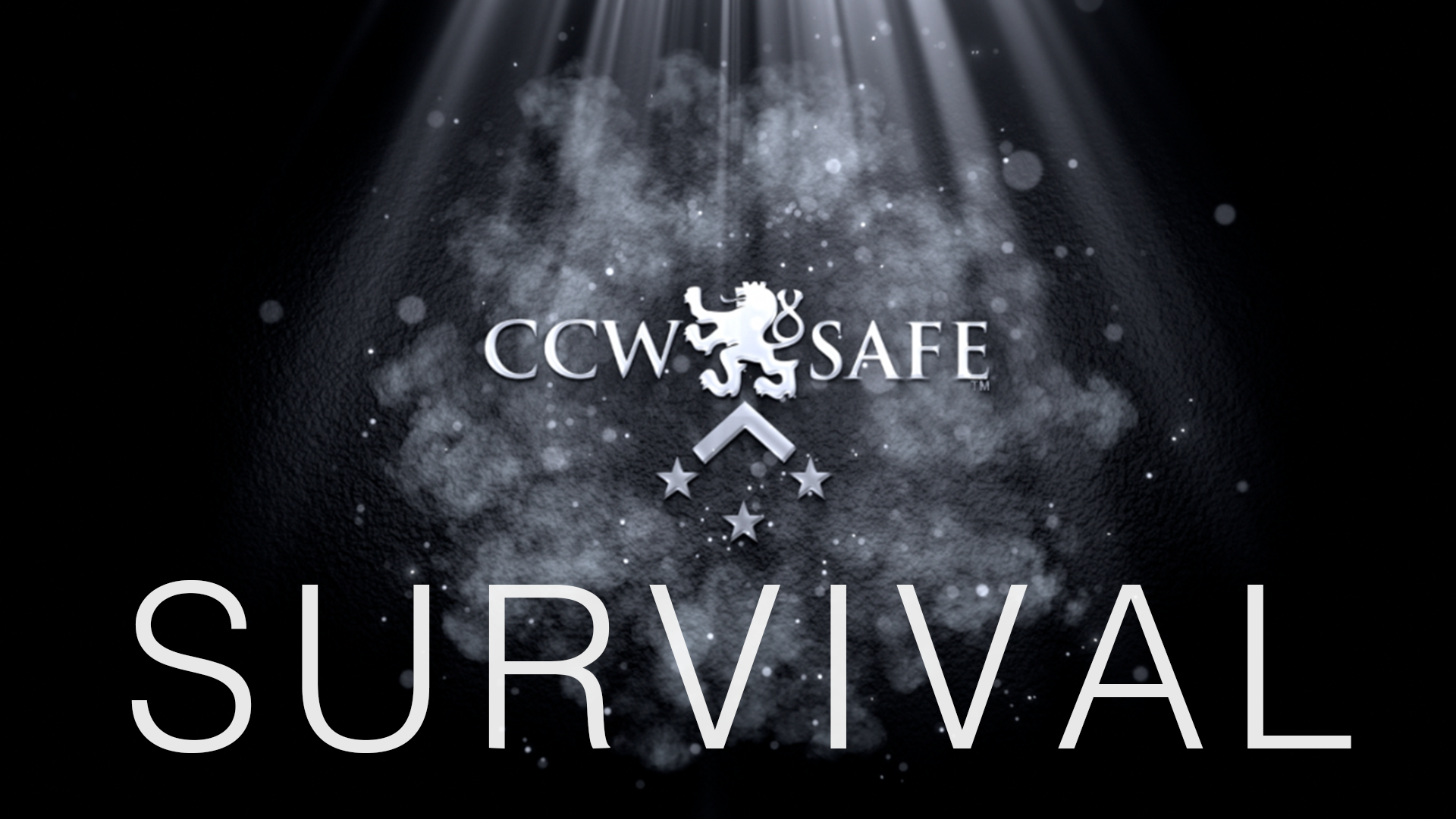
Posted on March 19, 2018
The Survival Triangle with Dr. Alexis Artwohl: Chapter 3- Legal Survival
Dr. Alexis Artwhohl, retired police psychologist , explains the psychological effects on a variety of issues that can impact survival.
In the legal aftermath of an event, you must understand that you will be at legal risk, and if you ever have to use your firearm, be prepared in the fact that you may go to jail, it just comes with the territory.
The legal aftermath will be complex and intense no matter how justified you were in the event, which is even more reason not to attempt to navigate this by yourself. If you have been forced to defend yourself, you don’t have to face the risks alone. Have legal help aligned up ahead of time to help you make decisions.
When the first responders show up, they won’t know who the victim and offenders are, and which category you are in. The officers cannot count on a 911 phone call, so the officers will be cautious for their safety and the safety of responders and bystanders. Let them know you are not a threat, and make sure you have training on how to interact with them.
You will be in a stage of heightened emotional reactions, so be careful how you act. You are own stage now, and you will be observed for reports in preparation for the criminal justice system. It is beneficial to rehearse the focus needed to interact with officers and behave in a reasonably calm manner that will not cause concern to anyone.
The ability to control your emotional intensity is a vital survival skill in everyday life. In this situation, discipline is important and will decide your future. Stay calm and focus at the task at hand.
Officers will want to know what happened, so you need to decide what to tell the first responders. If you decide to interact with the criminal justice system, never give a full, formal, detailed tape interview right after the event. Keep the information to the first responders brief, and talk with your attorney before giving full details.
Get a few sleep cycles, and try to calm yourself down after the incident. Research shows you will give a better and more accurate interview if you are rested, that is why most police departments don’t even have officers give a full interview for 24-48 hours following a shooting. To wait a few days after is a more ideal time than immediately after the event. This is where you and the attorney will act as a team to decide your actions, and your future.